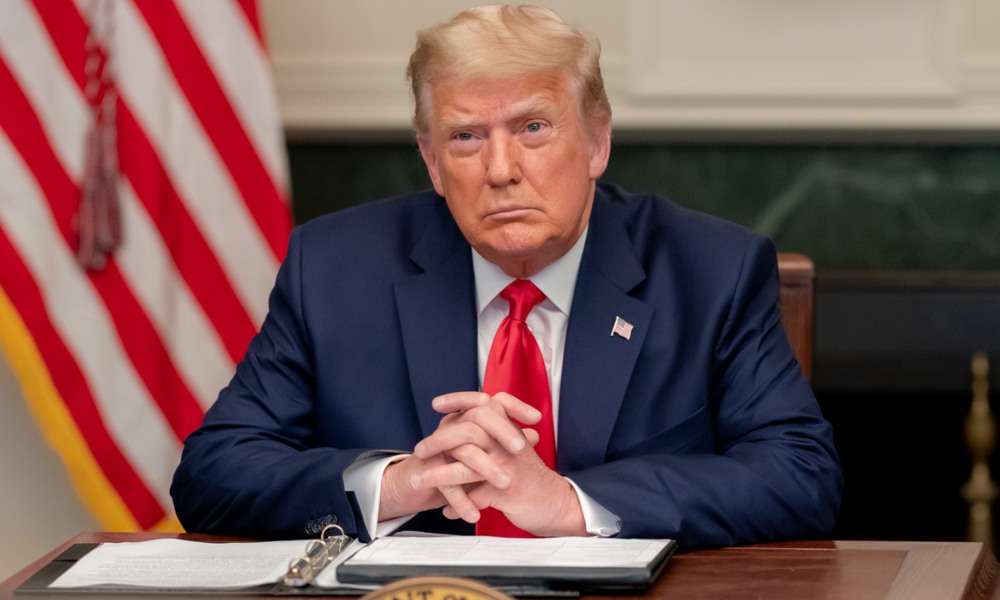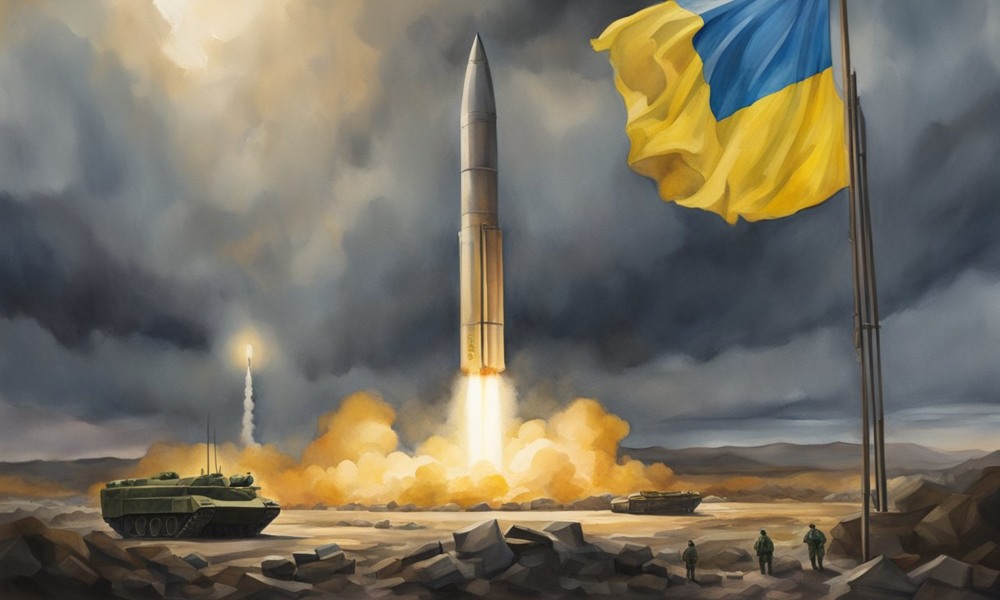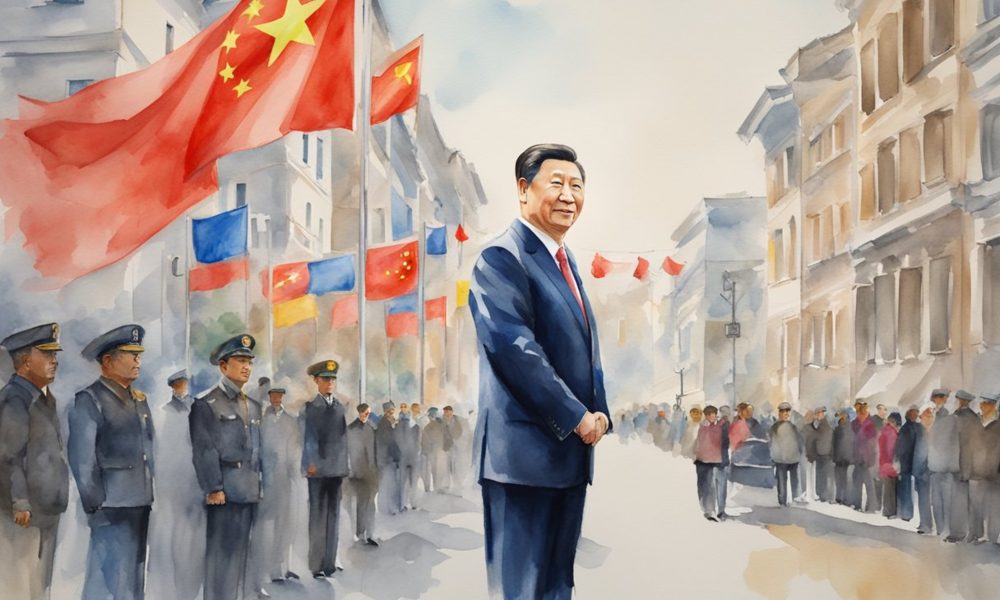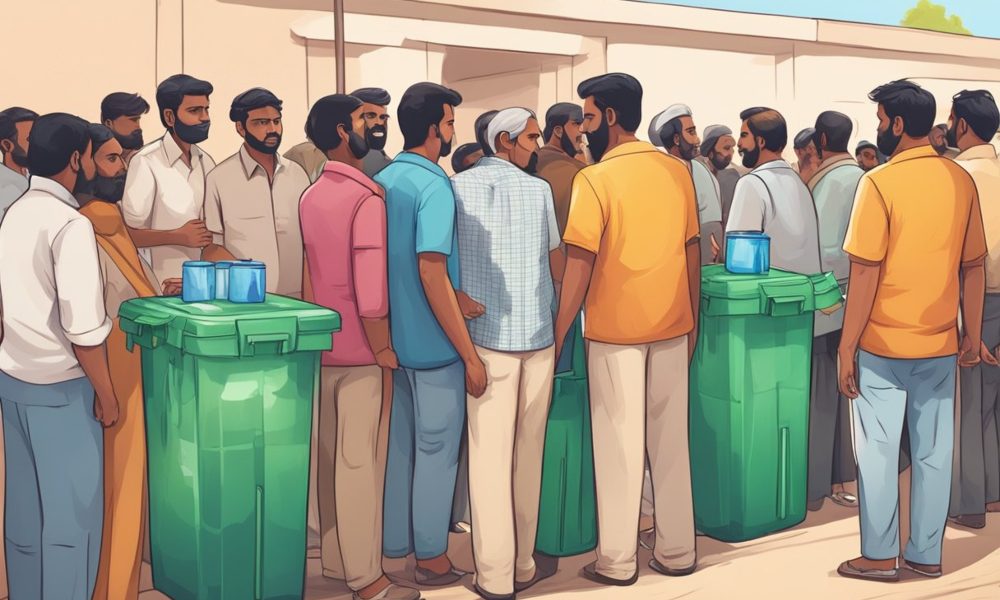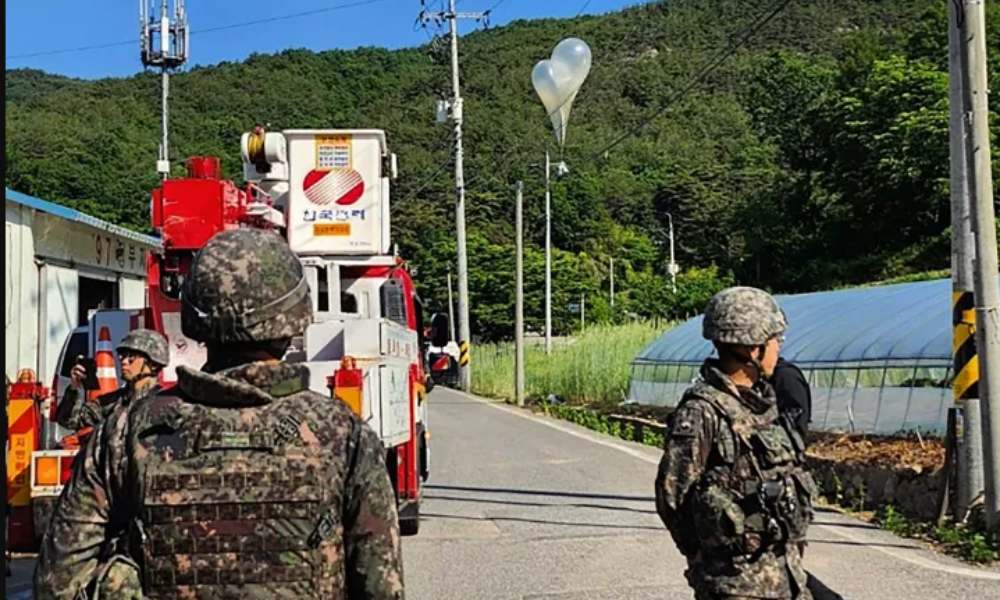China’s leader, Xi Jinping, travelled to Serbia’s capital, Belgrade. This visit aimed to strengthen the two countries’ political and economic bonds and make them even closer friends.
- Xi met with Serbia’s President Aleksandar Vučić for formal talks
- They will discuss increasing trade and business between China and Serbia
- Over 400 people came with Xi, including many business leaders
- China has invested heavily in Serbia’s mines, roads, railroads and factories
The European Union has been discussing its membership with Serbia for several years, but a conclusion has yet to be reached. Meanwhile, Serbia is building stronger relationships with other countries, such as China.
China’s Big Investments in Serbia
China says it is now Serbia’s biggest foreign investor. However, the United Nations trade numbers differ regarding how much China invests.
But there are many examples of China pouring money into Serbia:
- China’s Zijin Mining took control of Serbia’s massive Richmount copper mine
- Chinese companies are building roads, railways and factories in Serbia
- Appliance maker Hisense opened a big new factory in Serbia last year
- China wants to develop its continental railways through the Balkans to Europe
Serbia has welcomed China’s investments and loans with open arms. During the visit, officials plan to sign dozens of new business agreements between the two countries.
Symbolic Timing of Xi’s Serbia Trip
The timing of Xi’s visit carries special symbolic meaning – it falls exactly 25 years after NATO bombed China’s embassy in Belgrade.
In 1999, during NATO’s bombing campaign against Serbia, U.S. missiles accidentally struck China’s embassy in the capital. Three Chinese citizens were killed.
NATO apologized and paid compensation, but the incident permanently damaged relations between the West and China. In a newspaper article, Xi wrote, “Chinese people will never allow such tragic history to repeat itself.”
Drifting Away from the West?
Most Serbians fiercely oppose joining the NATO military alliance that bombed their nation in the 1990s. So, developing closer ties with China would counterbalance Western influence.
As EU membership talks drag on endlessly, Serbia is strengthening relationships with other world powers like China and Russia. This gives Serbia more options beyond just joining Western clubs like NATO and the European Union.
Some experts believe Serbia’s coziness with Beijing and Moscow could further complicate and delay its EU membership process. However, Serbian leaders may also remind Brussels that if EU admission remains elusive, they have other paths for economic development.
What’s Next for Serbia’s Geopolitical Path?
President Xi Jinping‘s visit aims to deepen China’s political bonds and business dealings with its friend Serbia. The symbolic timing, falling on the anniversary of NATO’s bombing blunder, highlights Serbia’s lasting tensions with the West.
As EU membership talks falter, will Serbia drift further away from Western integration and align itself more closely with the East? Only time will tell which geopolitical path this Balkan nation proceeds down. Serbia has powerful new allies willing to invest heavily if the EU door remains closed.
